EMOTIONAL DAMAGES: CAN YOU SUE? ANSWERS FROM A TRUCK ACCIDENT LAWYER
A serious truck crash doesn’t just leave physical injuries — it also causes emotional trauma. A truck accident lawyer helps victims seek compensation not only for visible wounds but also for psychological harm. Emotional damages such as anxiety, PTSD, and depression are valid legal injuries. But proving them takes strategic documentation and skilled legal representation.
WHAT ARE EMOTIONAL DAMAGES IN A TRUCK ACCIDENT CASE?
Emotional damages refer to psychological and mental distress caused by the trauma of an accident.
-
✅ Anxiety, depression, and sleep disturbances
-
✅ Post-traumatic stress disorder (PTSD) symptoms
-
✅ Loss of enjoyment in daily life
-
✅ Emotional suffering due to permanent disability or disfigurement
These damages may last far longer than physical injuries and often require long-term treatment.
CAN YOU SUE FOR EMOTIONAL DAMAGES WITHOUT PHYSICAL INJURY?
Most jurisdictions allow emotional distress claims even without physical harm, but the legal path becomes harder.
-
✅ Some states require “impact” or physical injury for emotional claims
-
✅ Others recognize “negligent infliction of emotional distress”
-
✅ Evidence must still prove that trauma was directly linked to the accident
-
✅ A lawyer helps navigate state-specific rules on this issue
Consulting a truck accident lawyer ensures your claim is legally viable.
EVIDENCE NEEDED TO SUPPORT EMOTIONAL DAMAGE CLAIMS
Emotional injuries are invisible, so documentation becomes critical to persuade insurers or a jury.
-
✅ Psychological evaluations from licensed professionals
-
✅ Testimony from therapists or mental health counselors
-
✅ Medical records indicating anxiety medication or treatment plans
-
✅ Journals, witness statements, or family testimony on your behavior changes
Concrete evidence makes emotional claims harder to deny or dismiss.
WHO PAYS FOR EMOTIONAL DAMAGES IN A LAWSUIT?
Multiple parties may share liability depending on the crash details.
-
✅ The truck driver, if their negligence caused the accident
-
✅ The trucking company, under employer liability
-
✅ Manufacturers, if faulty equipment contributed to the crash
-
✅ Government entities, in rare cases involving unsafe roads
Lawyers identify all responsible parties to maximize your compensation.
HOW LAWYERS CALCULATE EMOTIONAL DISTRESS DAMAGES
Unlike medical bills or vehicle repair costs, emotional damage compensation is subjective and varies widely.
-
✅ Lawyers use “multiplier methods” based on total economic damages
-
✅ They compare similar past case outcomes
-
✅ Severity, treatment length, and prognosis affect estimates
-
✅ Emotional damages may increase if the crash caused permanent disability
Skilled lawyers build emotional damage claims based on legal precedent and documentation.
WHAT MAKES AN EMOTIONAL CLAIM STRONGER?
Several factors can improve your chances of a successful emotional damage lawsuit.
-
✅ Immediate psychological treatment after the crash
-
✅ Consistent therapy attendance and medication use
-
✅ Support from medical and mental health providers
-
✅ Lack of pre-existing mental health conditions
These show that the crash — and not another factor — triggered your trauma.
HOW A TRUCK ACCIDENT LAWYER HANDLES THESE CLAIMS
Your lawyer builds an emotional damage case with empathy and precision.
-
✅ They gather expert mental health reports
-
✅ They work with counselors and psychiatrists to document symptoms
-
✅ They defend your experience against insurer skepticism
-
✅ They present your case clearly in negotiations or in court
With the right lawyer, emotional suffering is acknowledged and compensated.
WHAT WE WANT TO EXPLAIN IN THIS ARTICLE
Emotional trauma after a truck accident deserves justice. A truck accident lawyer helps you sue for emotional damages with compassion and legal strength. With expert documentation and state-specific legal knowledge, your attorney proves the seriousness of invisible injuries. Whether it’s anxiety, nightmares, or PTSD, emotional pain affects your life — and the law gives you the right to fight for compensation.








Leave a Reply